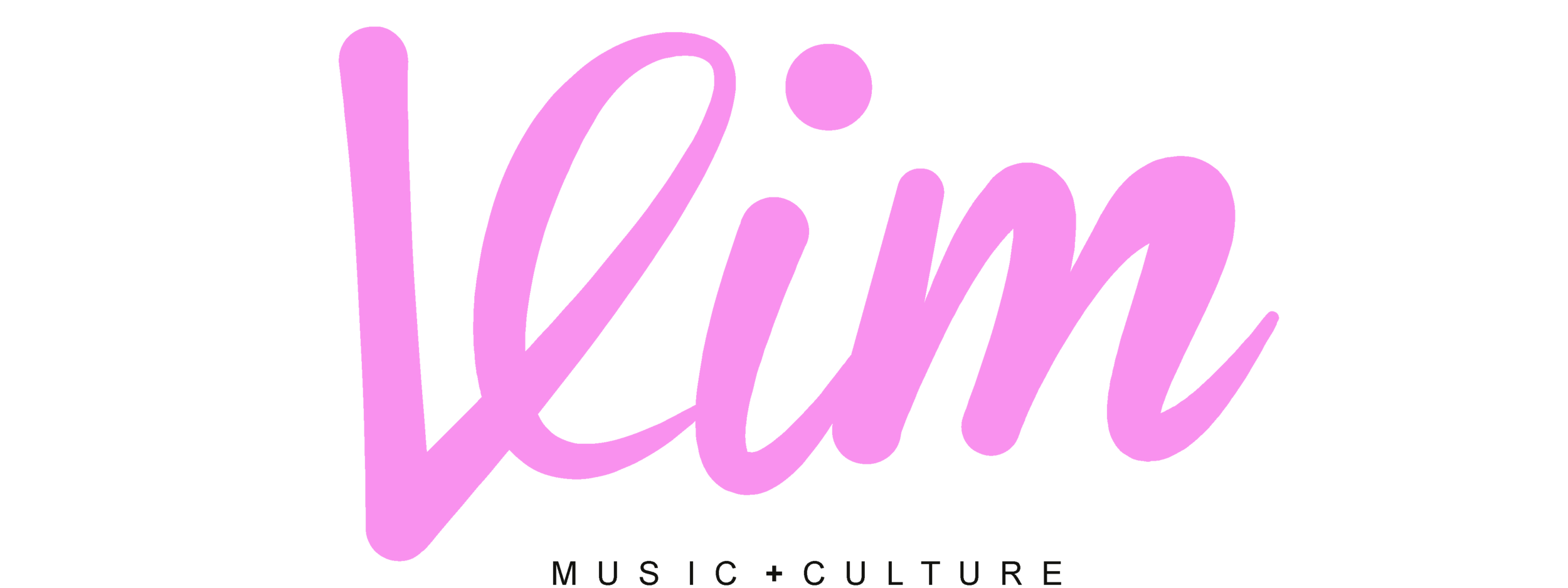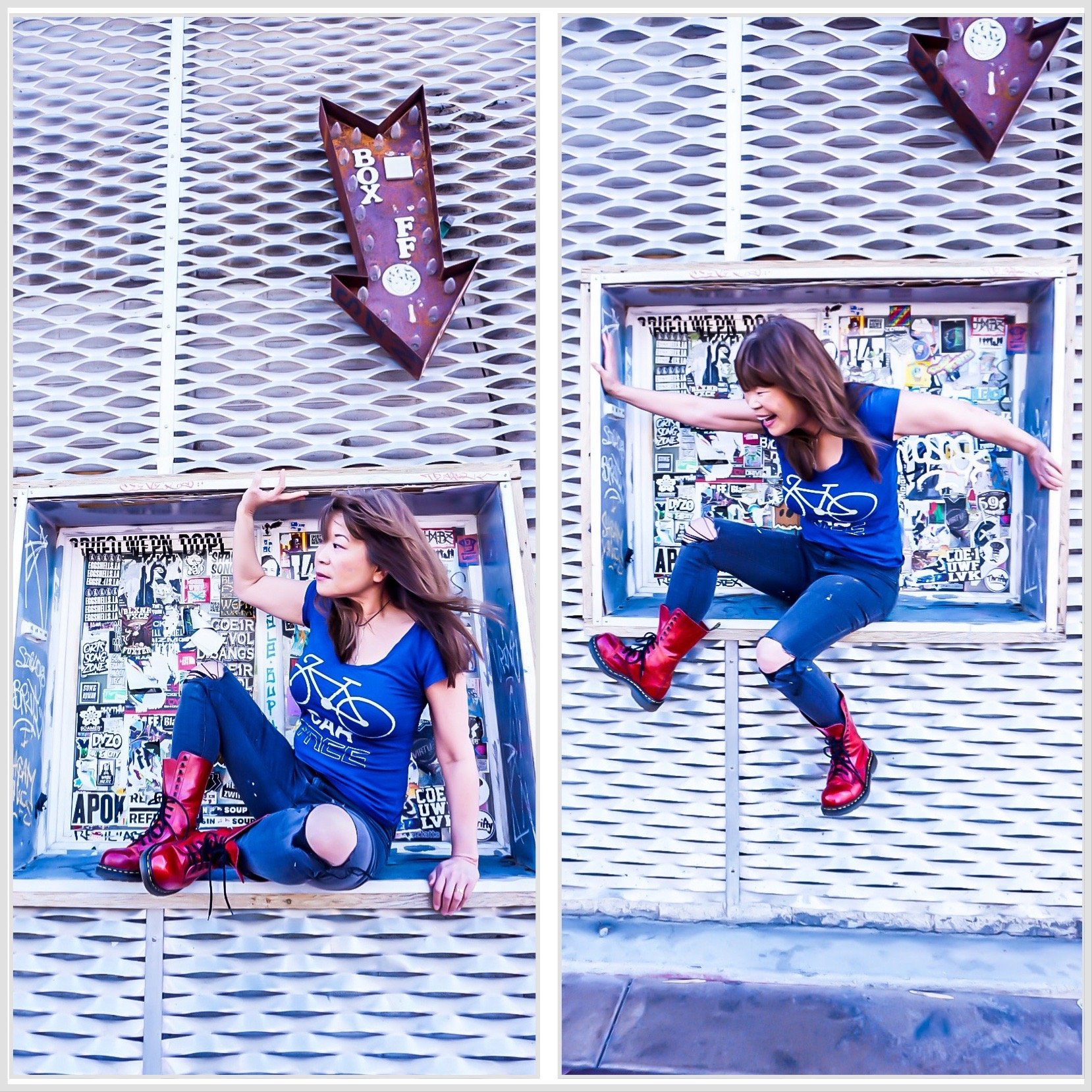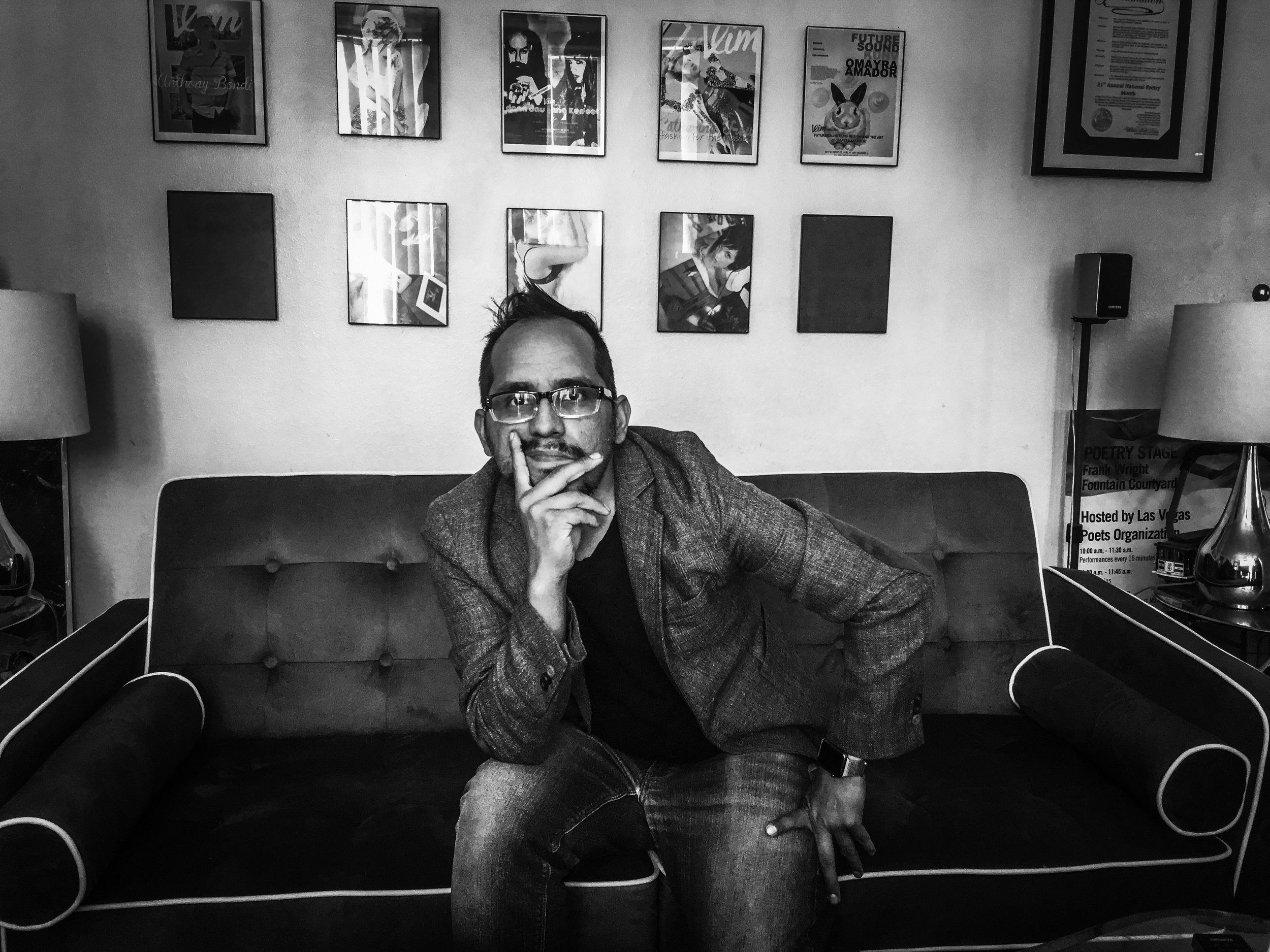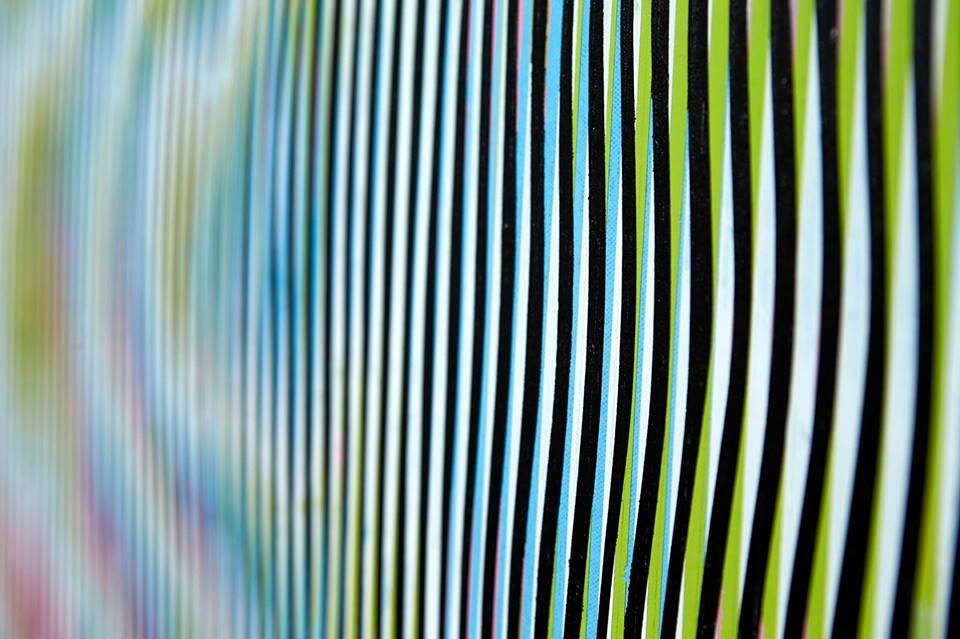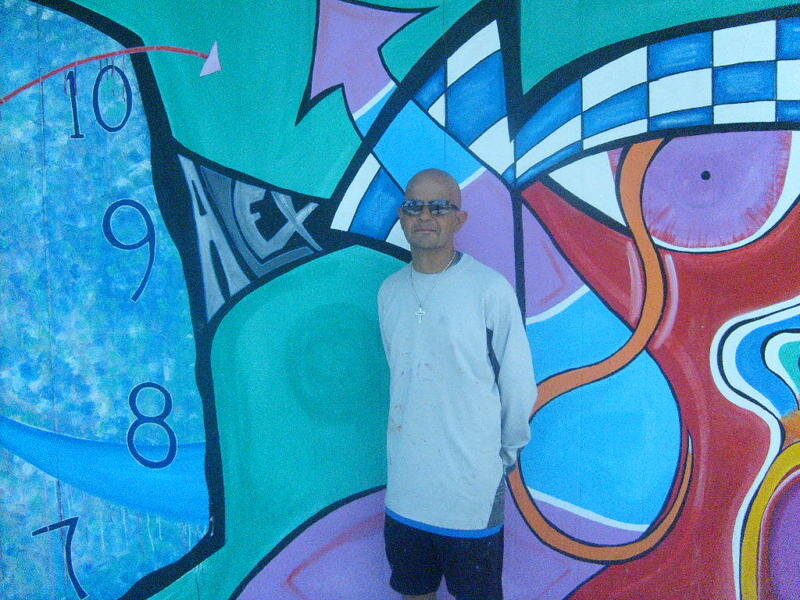ARTIST JEANNIE HUA: THE VIM MAGAZINE INTERVIEW
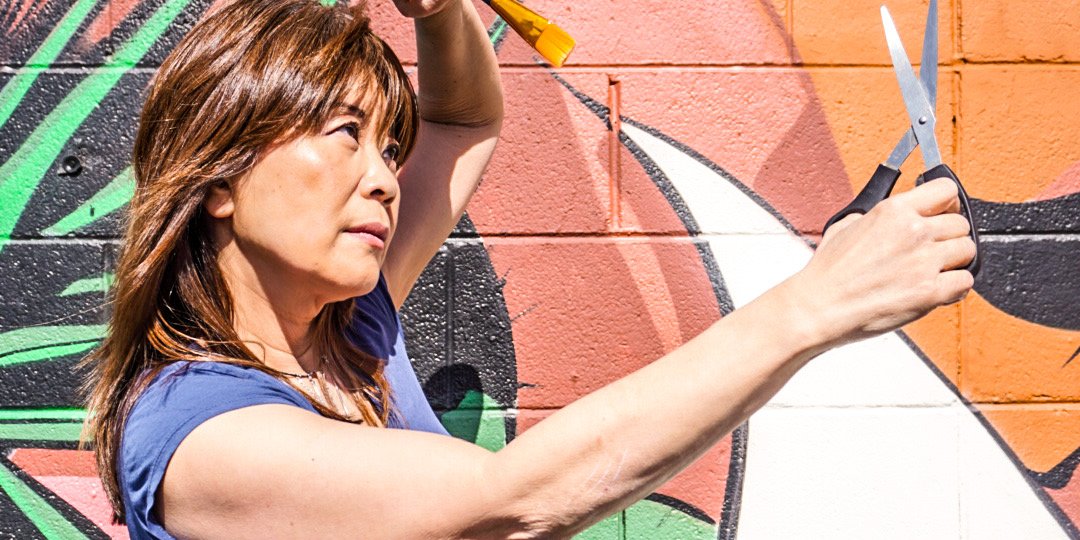
Interview and Photos by Jorge Lara
Las Vegas Artist Jeannie Hua current art exhibition ‘Traces And Tracings’ is featuring currently at CSN’s Charleston campus till April 22, 2023 with assistance from the Nevada Arts Council and the National Endowment for the Arts. An artist reception is set for Wednesday, April 19 at 6pm.
VIM MAGAZINE : First of all congrats on being a recipient of a 2023 Nevada Arts Council Project Grant For Artists. Your project is your current solo exhibition, ‘Traces and Tracings.’ How did your exhibition come about? What inspired it and what do you hope people take from it?
JEANNIE HUA: There were a number of themes I’ve been working on. One was the question of history, the definition, the formation, the purpose, and dissemination of the discipline. I realized the legitimacy of the documentation and the recordation of events had to do with the hierarchy of perception. Those in power make history. History is not objective. History comprises of events recorded by victors, the conquerers, ones who colonize. But there’s always a ying to the yang. The yang is illuminated because it’s the sun, but the people of the ying remain under the shadow of history.
“But there’s always a ying to the yang. The yang is illuminated because it’s the sun, but the people of the ying remain under the shadow of history.”
Another theme I’ve expressed through art is allyship. The fact is, Asian American civil rights movement would be nowhere without the support of African Americans. For example, Frederick Douglass opposed restrictions on Chinese immigration; Ida B. Wells and Bishop Henry M. Turner opposed the colonization of the Philippines; Malcolm X and Martin Luther King Jr. opposed the Vietnam War, especially when white soldiers wore KKK robes and carried the confederate flag in Vietnam to express their supremacy over Vietnamese people; and Reverend Jesse Jackson spoke out against the murder of Vincent Chin (murdered by out of work car workers blaming their job loss on the Japanese thinking Chin was Japanese). There’s been a history of allyship between the African American and Asian American communities over civil rights issues for hundreds of years.
The last theme I covered in my exhibit was my frame of mind during covid. I was thinking about Plato’s Allegory of the Cave. He recorded his teacher Socrates’s dialogue with Plato’s brother Glaucon. So the allegory is to imagine a group of people chained together inside an underground cave as prisoners. Behind the prisoners is a fire, and between the prisoners and the fire are moving puppets and real objects on a raised walkway with a low wall. The prisoners are unable to see behind them. As the prisoners look at the wall in front of them, they believe the shadows of objects cast by the moving figures are real. What would happen if one of the prisoner’s freed? Could that freed prisoner adjust to reality? What would happen if the freed prisoner returned to the cave to try to free the others? Socrates and Glaucon agreed that the prisoners would kill their rescuer since they wouldn’t want to leave the safety and comfort of their false world.
I felt like I was staring at the cave wall during my period of isolation. But unlike the prisoners, I knew what reality was but instead chose to remain affixed to watching shadows on the cave wall.
VIM MAGAZINE: You graduated from the School of the Art Institute of Chicago with a MFA from the Low Residency program. How was it like going to school there and what art came from your attendance there?
JEANNIE HUA: I met an amazing assortment of artists at SAIC. I got to meet artists grounded in different disciplines such as sound, performance, video, digital, and social practice. Everyone was supportive of each other’s endeavors. There was a free thinking atmosphere which encouraged generous trading of ideas. The art I developed at the time gave rise to the works exhibited at CSN. I love the fact that my journey included a path out of state and lead me back to a place that I’m proud to call my home.
VIM MAGAZINE: You were born in Taiwan and moved to Cincinnati, Ohio at the age of 8. Did that move affect you in any way? How was it like growing up in Cincinnati?
JEANNIE HUA: There wasn’t a day that went by when I wasn’t called a “chink,” “gook,” “slant-eyed,” or “chopsticks” from the age of 8 to 18 when I finally escaped to Chicago where I went to college. A good day would be being called a racist epithet only once. The name calling wasn’t nearly as bad as the anticipation that tomorrow was going to be like today, to endure an unending litany of humiliating names.
I was reassured that in addition to being of an inferior race, I was also ugly and stupid since I didn’t know English when I first moved to America. I didn’t just experience racism from other children. Adults at commercial establishments would tell me to go to the back of the line when I’ve waited in line already so that white people would be served first. They say the best revenge is to live a good life. To this day, I go out of the way to make sure the people around me will never know what it’s like to be rejected and ridiculed for being themselves. I did that as a criminal defense attorney, and now my art expresses similar sentiments.
More info: www.jeanniehua.art
